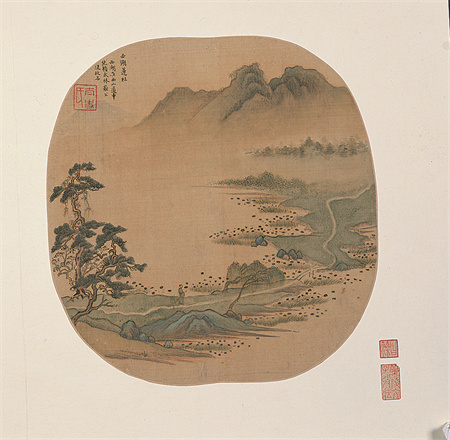

The bamboo groves, as Wen Peng's poem had clearly described, grew just as lush, if not more so, in Jiangnan, where they could have served, for those seeking mental refuge, as a reminder of the bygone sages.
This image of Jiangnan as the perfect retreat was further strengthened during the Yuan Dynasty (1271-1368), founded by the Mongols, with Beijing as its capital. Beijing remained a political center for the next 600 years, serving as the capital for both Ming and Qing (1644-1911) dynasties.
The Mongol rule was met, not surprisingly, with initial resistance, especially from the literati group which was composed overwhelmingly of ethnic Han people. Harboring misgivings toward the new regime, some chose to live in half-retirement amid the idyll of Jiangnan.
One of them, Wang Meng, born into a distinguished Jiangnan family, withdrew, at one point, into the mountains north of Hangzhou, the one-time capital of Southern Song Dynasty, calling himself Woodcutter of the Yellow Crane Mountain.
At the Cleveland museum show, Wang the self-claimed woodcutter, represented by a landscape, reunites with his scholar-official uncle Zhao Yong, who envisioned himself as a fisherman lost in pastoral Jiangnan. Given the fact that Zhao Yong's father, the hugely influential painter-calligrapher-art theorist Zhao Mengfu, had occupied key positions within the Yuan government, the painting reads like a personal statement that's more willful than sincere.
In fact, the Yuan rulers, through encouraging maritime trade, had done a great service to Jiangnan, whose exportation of silk and porcelain kept increasing during this period.